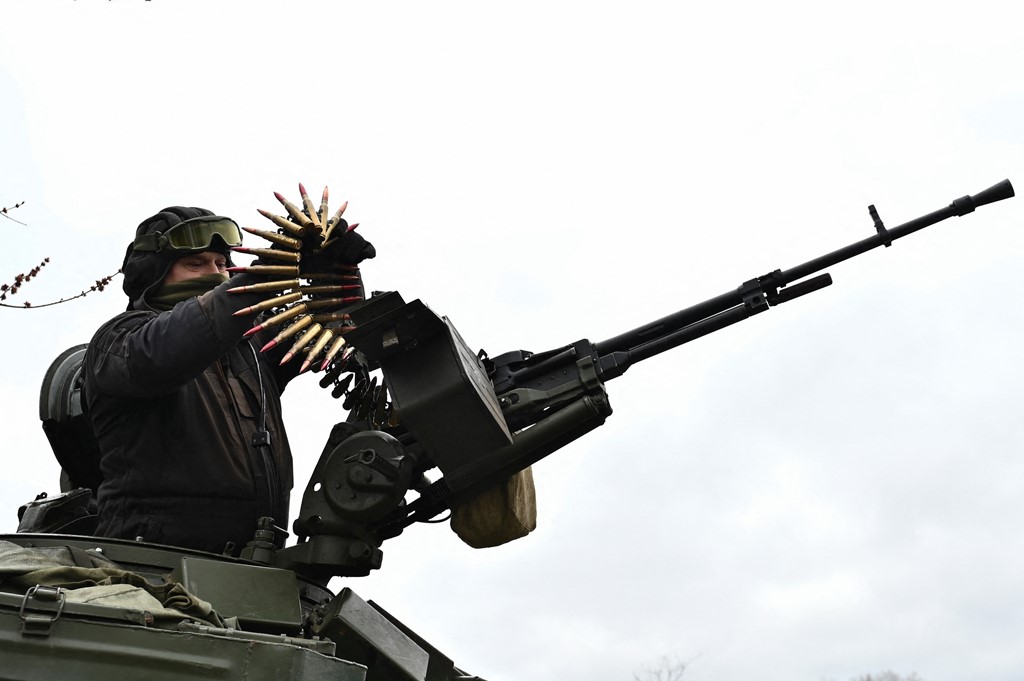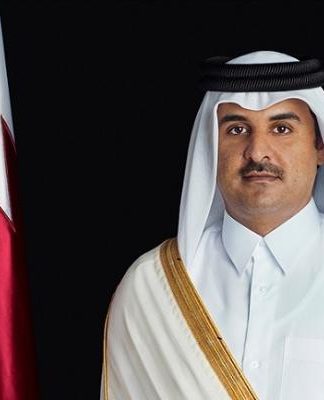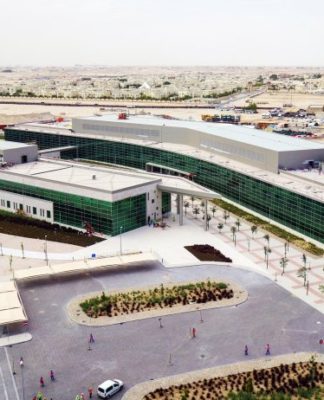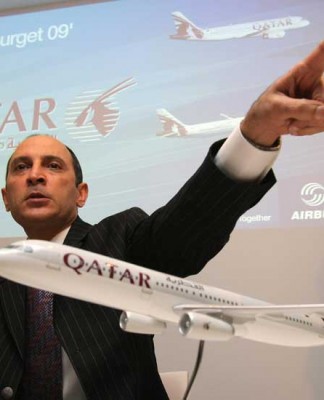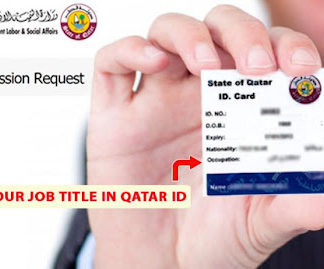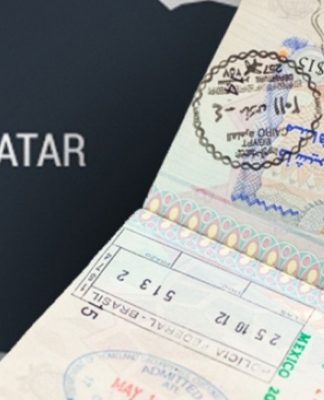/ Europe
UKRAINE WAR ANALYSIS
New Russian militia Convoy rises as Wagner Group gets too big to control
Issued on: 08/04/2023 – 18:18
Modified: 08/04/2023 – 18:25
A Ukrainian serviceman (L) looks on as a Wagner Group prisoner is interrogated after his capture near Bakhmut, Ukraine, in this file photo taken on March 12, 2023.
A Ukrainian serviceman (L) looks on as a Wagner Group prisoner is interrogated after his capture near Bakhmut, Ukraine, in this file photo taken on March 12, 2023. © Serguey Shestak, AFP
Text by:
Grégoire SAUVAGE
4 min
Established in Russian-occupied Crimea in 2022, the Convoy militia is getting increasing publicity on social media as it recruits fighters. The rise of the new Russian militia comes as the Kremlin is trying to encourage the emergence of other mercenary groups to compete with Wagner, which has become too powerful for the Russian defence establishment, according to Western intelligence reports.
On April 4, two days after a Russian ultranationalist blogger with links to the Wagner Group militia was killed in St Petersburg, British military intelligence published a new warning on its Twitter account.
“Russia is likely seeking to sponsor and develop alternative private military companies (PMCs) to eventually replace the Wagner Group PMC in its significant combat role in Ukraine,” said the British defence intelligence daily briefing.
It was an early official alert on the latest development in a conflict that has entered its second year following the February 24, 2022 full-scale Russian invasion of Ukraine. While the British intelligence update did not name any new militias, Russian investigative journalists in exile were already on the job, identifying a new mercenary group emerging from Crimea, the Ukrainian peninsula that fell under Moscow’s control in 2014.
“PMC ‘Convoy’ is a relatively new private military unit. Its Telegram channel, under the same name, was created in November last year,” noted iStories (Important Stories), a Latvia-based investigative news website founded by a group of award-winning Russian journalists in exile.
The creation of the Convoy militia group comes amid increasing reports of Wagner Group boss Yevgeny Prigozhin running afoul of the Kremlin old guard following his frequent rants against the Russian defence establishment’s handling of the Ukraine conflict.
The killing of Russian ultranationalist blogger Maxim Fomin – better known by his nom de guerre “Vladen Tartarsky” – in a St Petersburg café exposed the growing security risks within Russia. The arming of private citizens under civilian bosses to wage war in Ukraine has threatened the Russian state’s monopoly on violence, and the rise of a new mercenary group could be a chilling portent for Russia’s national security.
>> St Petersburg café killing exposes Russia’s security woes
Businessmen, politicians and militia bosses
While the Wagner Group has played a central role in Russia’s onslaught in Ukraine, Convoy has gained visibility in recent weeks and could become a new subcontractor in the Kremlin’s war against Kyiv.
The man at the heart of the new militia group is Sergey Aksyonov, the head of the Kremlin-backed administration in Crimea. Born in 1972 in Moldovia while it was a Soviet republic, Aksyonov was a businessman suspected of links to organised crime. In 2014, shortly after the Russian annexation of Crimea, Aksyonov – sometimes called “Goblin” after his gangster nickname – suddenly shot to fame when Russian President Vladimir Putin appointed him head of the new administration in the peninsula.
Following the February 2022 invasion of Ukraine, Aksyonov created the Convoy militia late last year, according to iStories. The report included photographs of Aksyonov, dressed in a khaki-coloured chino-parka ensemble, “consulting on Convoy positions” in Crimea.
It was not an unusual development for Russia, according to Lukas Aubin, research director at the French Institute for International and Strategic Affairs (IRIS). “In Russia, private militias are not a novelty. Besides Yevgeny Prigozhin, who created Wagner in 2014, we also have the militia of Chechen leader Ramzan Kadyrov. These ‘entrepreneurs of influence’ – politicians or oligarchs – support the regime and spread their influence and that of Russia internationally,” noted Aubin.
Details about the organisational structure and working of the new militia are still sketchy. On its Telegram profile, Convoy recently launched several recruitment campaigns to expand its ranks. An early estimate put the number of Convoy militia fighters at 300, according to iStories, and they are operating in Crimea and the southern Ukrainian region of Kherson.
According to a former Convoy member interviewed by iStories, the enlisted men sign two contracts: one with Convoy and another with the Russian ministry of defence. Each fighter earns around $2,500 a month. Those who serve for a full year are also promised land in Crimea or Abkhazia, a Russian-occupied Georgian territory.
A Wagner rival or ally?
It is difficult to gauge at this stage what role Convoy might play in Ukraine while Wagner is still grabbing all available resources and media attention. But its emergence comes as Wagner’s mercenaries struggle to overcome Ukrainian resistance in Bakhmut amid consistent reports of the Kremlin trying to reduce the Prigozhin militia’s “dominant role” in the war.
>> Battle for Bakhmut highlights divide between Wagner chief and Kremlin
With an estimated 50,000 active fighters in Ukraine in mid-December, the majority of them recruited from Russian prisons, Wagner appears to be an indispensable auxiliary to the Russian army, which desperately needs new recruits as Kyiv prepares for a major counteroffensive.
Daily newsletter
Receive essential international news every morning
Subscribe
There are no signs so far of a budding rivalry between the two militia groups. For one, relations between Aksyonov and Prigozhin appear to be excellent. A few months ago, Aksyonov threatened to apply the death penalty to Russian officials who were reluctant to send ammunition to Wagner militiamen. His initiative was warmly welcomed by Prigozhin.
Moreover, Convoy’s military commander is a close associate of Prigozhin, according to a report by investigative website Bellingcat. Konstantin Pikalov – aka “Mazay” – is none other than Prigozhin’s former right-hand man and was a key figure in the Wagner Group’s activities in the Central African Republic.
“It is not known today whether the two men are in conflict. Nevertheless, this multiplication of private armed groups shows that there are dissensions within Russian power circles,” noted Aubin. “The Russian government doesn’t really have a choice anymore anyway. The army is in a difficult position and these militias appear as alternatives”.
The two militias could coexist perfectly well as long as they serve the interests of the Kremlin. “Putin’s power is an opportunistic power where all means are welcome,” said Aubin. “Having powerful militiamen on his side is an asset, even if it’s a situation that may seem unstable.”
This article is a translation of the original in French.
Read more on related topics:














